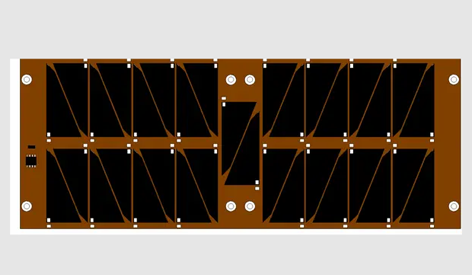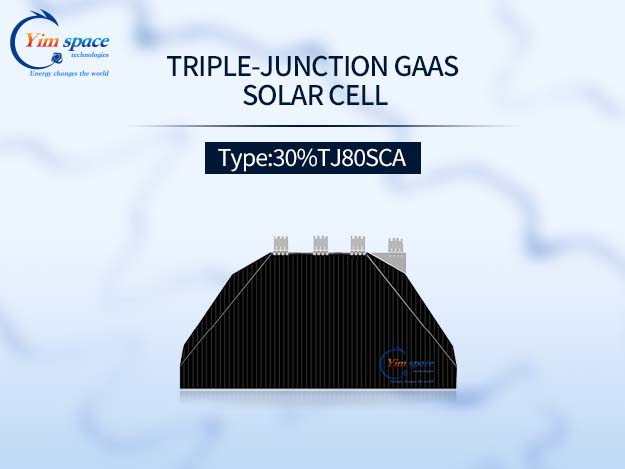
2025-07-29 Keeping pace with the latest solar cells trends is crucial for manufacturers, consumers, and policymakers as solar energy rapidly transforms global power systems.
Read More 
2025-07-29 Solar energy is one of the fastest-growing sources of clean power around the world.
Read More 
2025-07-29 As solar technology diversifies to meet the needs of both massive aerospace projects and tiny smart devices, two categories are gaining increasing attention: space solar cells and micro solar cells.
Read More 
2025-07-29 Understanding the solar cells cost is vital for anyone considering a solar energy investment, whether it’s a homeowner, business, or industrial operator.
Read More 
2025-07-29 Investing in solar technology involves more than just choosing the right product—understanding the solar cells lifespan is essential to evaluating the value and reliability of your energy solution.
Read More 
2025-06-19 Space solar cells are the cornerstone of powering satellites and spacecraft across various orbits, from Low Earth Orbit (LEO) to deep-space missions. Among the many technologies available, Gallium Arsenide (GaAs) solar cells stand out for their high efficiency, superior radiation resistance, and excellent power-to-weight ratio.
Read More 
2025-06-19 A space solar cell assembly is a fully integrated unit designed to convert sunlight into electrical power for spacecraft operating in the harsh environment of space. Unlike ordinary solar panels, these assemblies are engineered to withstand extreme radiation, temperature fluctuations, and mechanical stress encountered in Low Earth Orbit (LEO) and Geostationary Earth Orbit (GEO).
Read More 
2025-06-19 One of the most critical challenges facing space solar cells is the harsh radiation environment in space. Unlike Earth, which benefits from the protective shielding of the atmosphere and magnetic field, space is filled with high-energy particles that can significantly degrade solar cell performance over time.
Read More 
2025-06-19 In the ever-expanding field of space exploration, space solar cells have become an essential technology for powering a wide range of spacecraft. Traditionally, these high-efficiency photovoltaic devices have been primarily associated with satellites orbiting the Earth, where they convert sunlight into electricity to ensure continuous operation of satellite systems.
Read More 
2025-06-11 Anti radiation solar cells are mainly used in strong radiation environments such as space and nuclear industry, and need to have anti radiation performance to maintain power generation efficiency. The following are several common types and characteristics of radiation resistant solar cells:
Read More 









